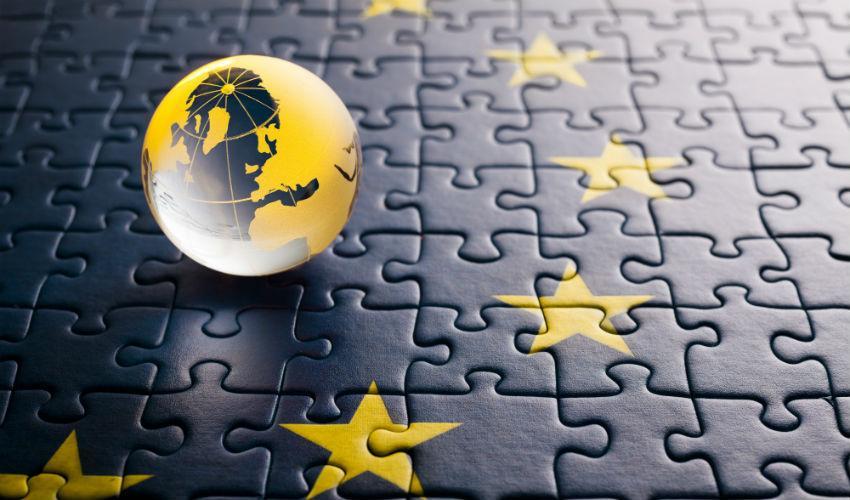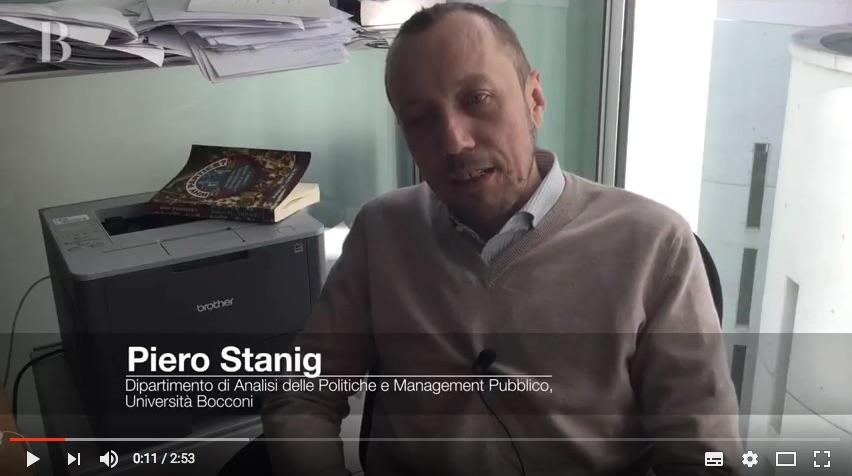
Deglobalization, Protectionism and Nationalism. Will Europe Avoid Going Adrift?
THE FIRST MEETING OF THE BOCCONI RESEARCH FOR EUROPE AND THE WORLD ECONOMY SERIES, ON MONDAY, MARCH 13, WILL BE DEDICATED TO THE NEW CHALLENGES FOR EUROPE IN A WORLD MORE AND MORE CLOSED AND LESS SUPPORTIVE WITH OUTSIDERSThe outcomes of the Brexit referendum and the US presidential election show that the world has become more unpredictable, and that it is likely to become more closed and less supportive with outsiders. The use of the word deglobalization in the public debate is on the rise.
Bocconi Research for Europe and the World Economy (BREWE) is a Bocconi University initiative to make the voice of social sciences heard, stimulate public debate and serve as a guide for politicians and officials wanting to implement policies based on objective data.
The first meeting of the series, Globalization at a Turning Point? Challenges for Europe (Monday, March 13, 3:00pm, Aula Magna via Gobbi 5, in collaboration with Corriere della Sera) will explore the origins of nationalist, protectionist and isolationist sentiments in Europe.
The areas that had the highest share of employment in manufacturing before China's entry into the WTO and that have therefore paid the highest price to low-cost Chinese competition are those where nationalist and protectionist parties get the best electoral results, notice Italo Colantone and Piero Stanig, respectively an economist and a political scientist at Bocconi, in their The Trade Origins of Economic Nationalism: Import Competition and Voting Behavior in Western Europe. The two researchers, presenting their work at the meeting, shall thus trace the success of European nationalist and protectionist parties back to the shock suffered by vast areas of the continent due to the growth in imports of Chinese products.

Other analyses show, however, a relationship between refugee settlement and anti-immigration and right wing parties’ electoral gains. It’s the case of Christian Dustmann, Professor of Economics at University College London, who will present Refugee Migration and Electoral Outcomes, a paper that certifies this relationship in Denmark. The only exception to the rule are larger cities, while the effect is stronger in areas where - before refugee settlement - the crime rates were higher.
The presentations will be followed by a policy panel, chaired by Politico.eu’s journalist Paul Taylor, with Michael Spence, Nobel Prize in Economics in 2001; Richard Baldwin, Centre for Economic Policy Research; Servaas Deroose, European Commission; Francesco Giavazzi, Bocconi University, and Daniel Gros, Centre for European Policy Studies.
CLICK HERE for the full program
by Fabio Todesco
